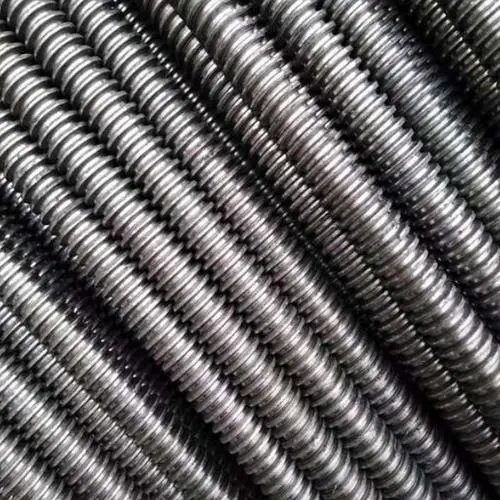Lead screws, especially ball screws, play a vital role in mechanical systems. Here is a clear summary of its role:
1. Motion conversion:
The main function of the lead screw is to achieve the conversion of the form of motion, which can convert the rotating motion into a linear motion, or vice versa. This property is very useful in mechanical design, especially where linear displacement is required.
2. High transmission efficiency:
By introducing steel balls, the ball screw creates rolling friction between the screw and nut, which significantly reduces friction resistance and improves transmission efficiency. Compared with the sliding screw, the transmission efficiency is higher and the energy loss is less.
3. High precision positioning:
– Lead screws, especially ball screws, provide extremely high positioning accuracy. This is crucial for automation equipment that requires precise control of the position of mechanical parts. For example, in applications such as CNC machine tools and precision measuring instruments, lead screws ensure the accuracy of machining or measurement.
4. Strong load capacity:
– The screw structure has strong rigidity and can withstand large axial loads while maintaining the stability and accuracy of the transmission. This makes it widely used in mechanical equipment that bears heavy loads.
5. Widely used:
Because of its high precision, high efficiency and high load capacity, lead screws are widely used in a variety of mechanical equipment, including but not limited to CNC machine tools, automated handling systems, pneumatic hydraulic systems and precision electronic equipment.
6. Reversibility and flexibility:
– The drive of the lead screw is reversible, that is, it can easily change between rotary and linear motion. This flexibility makes the lead screw more applicable in complex mechanical systems.
7. Easy maintenance:
– Lead screw maintenance is relatively simple compared to other complex drive systems. Regular inspection and replacement of worn parts, such as steel balls or seals, can extend their service life and maintain stable performance.
To sum up, the lead screw plays a key role in mechanical transmission, and its efficient, accurate and reliable performance is an indispensable part of modern machinery and equipment.

